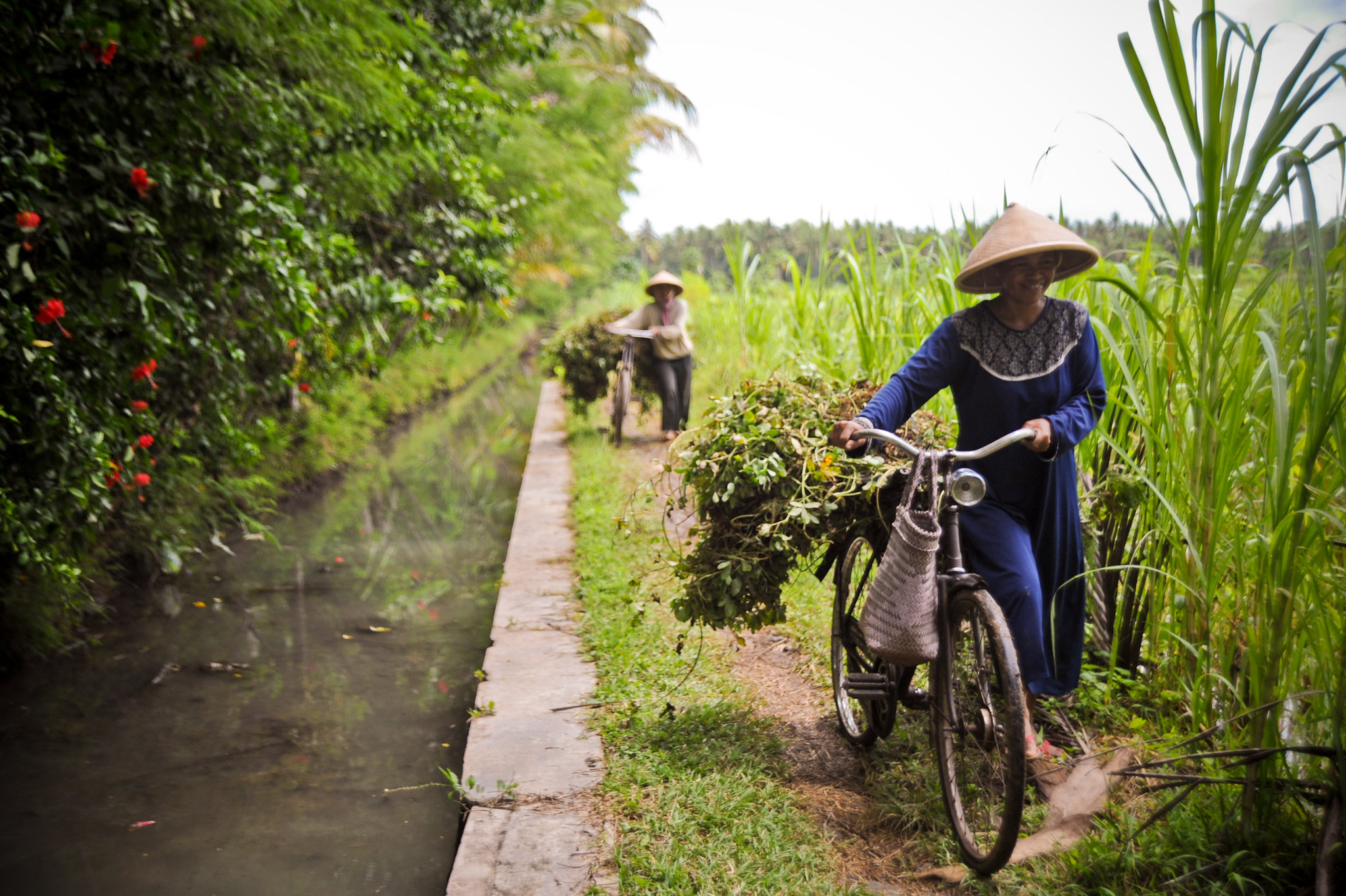
20 Essential Resources for Population, Health, and Environment (PHE)
October 5, 2021
By: Tess MpoyiKristen P. PattersonElizabeth Tully
This post was originally published on the Knowledge SUCCESS website. To view the original post, click here.
Knowledge SUCCESS and PACE Project are pleased to announce a new collection, 20 Essential Resources for Population, Health, and Environment (PHE). The collection addresses several knowledge management challenges among PHE professionals, uncovered earlier this year in a series of regional co-creation workshops.
COVID-19 has amplified the links between health, livelihoods, and conservation, particularly in tourism-dependent, rural communities adjacent to national parks and protected areas. Multisectoral, community-driven approaches like Population, Health, and Environment (PHE) boost resilience to such shocks. They enhance equitable access to health care (including voluntary family planning) and diversify livelihoods in rural and last-mile communities adjacent to areas of high biodiversity. By building capacity to reduce poverty and improve maternal, child, and reproductive health outcomes through partnerships that also lead to biodiversity outcomes, PHE approaches help countries achieve the Sustainable Development Goals in an integrated manner.
The PHE community: what challenges do they face finding and sharing knowledge?
Part of the Knowledge SUCCESS portfolio is to provide knowledge management support to the global PHE community. Earlier this year, Knowledge SUCCESS conducted a series of co-creation workshops among those working in PHE in the United States, East Africa, and Asia. Participants shared challenges they face in accessing PHE information and resources and their preferences for exchanging knowledge and information with fellow PHE stakeholders. They also brainstormed ideas (or, in co-creation terminology, they ideated prototypes) for tools that could strengthen the sharing and exchange of PHE knowledge across a global community.
Across all workshops, participants mentioned difficulties they face locating and using PHE resources. First, when they can’t find PHE resources, this challenge is typically caused by common factors including:
- General lack of PHE resources available online
- No central website for information, resources, and tools for PHE
- Not enough time to visit multiple websites to find necessary resources
Second, once they find resources, there is a perceived gap in quality and validity and a general scarcity of evidence-based programmatic information with clear and strong data. Participants shared several reasons for this gap including:
- Difficulties in coordination and partnership among integrated programs and sectors to collect evidence and data
- Short PHE program life cycles which impose time constraints on building the evidence base
- No peer review process to authenticate information
It’s with a particular challenge – resources being scattered across websites – in mind that Knowledge SUCCESS and PACE are excited to launch a new collection, 20 Essential Resources for Population, Health, and Environment.
Launching today: 20 Essential Resources for Population, Health, and Environment
The new collection of 20 essential PHE resources, curated by Knowledge SUCCESS and PACE Project, is designed to help program planners, designers, and implementers in a variety of sectors (such as environmental conservation, resilience, food security, and economic development) understand and explore elements of PHE programs so that they can incorporate this approach into their work. The collection includes resources on introductory concepts, program design, monitoring and evaluation, and program examples and contributions from World Wildlife Fund, ICF International, Margaret Pyke Trust, PHE Ethiopia Consortium, Blue Ventures, PHE Network Madagascar, Lake Victoria Basin Commission, and many others.
Coming soon: a co-created platform for PHE knowledge sharing
The Knowledge SUCCESS team is developing a website that will provide a space for discussion, connection, and collaboration among PHE stakeholders. Building from the ideas generated in the PHE co-creation workshops, it will include a robust repository for PHE resources with plans to build that collection with documented PHE best practices. Stay tuned for the website launch in the early part of 2021.


